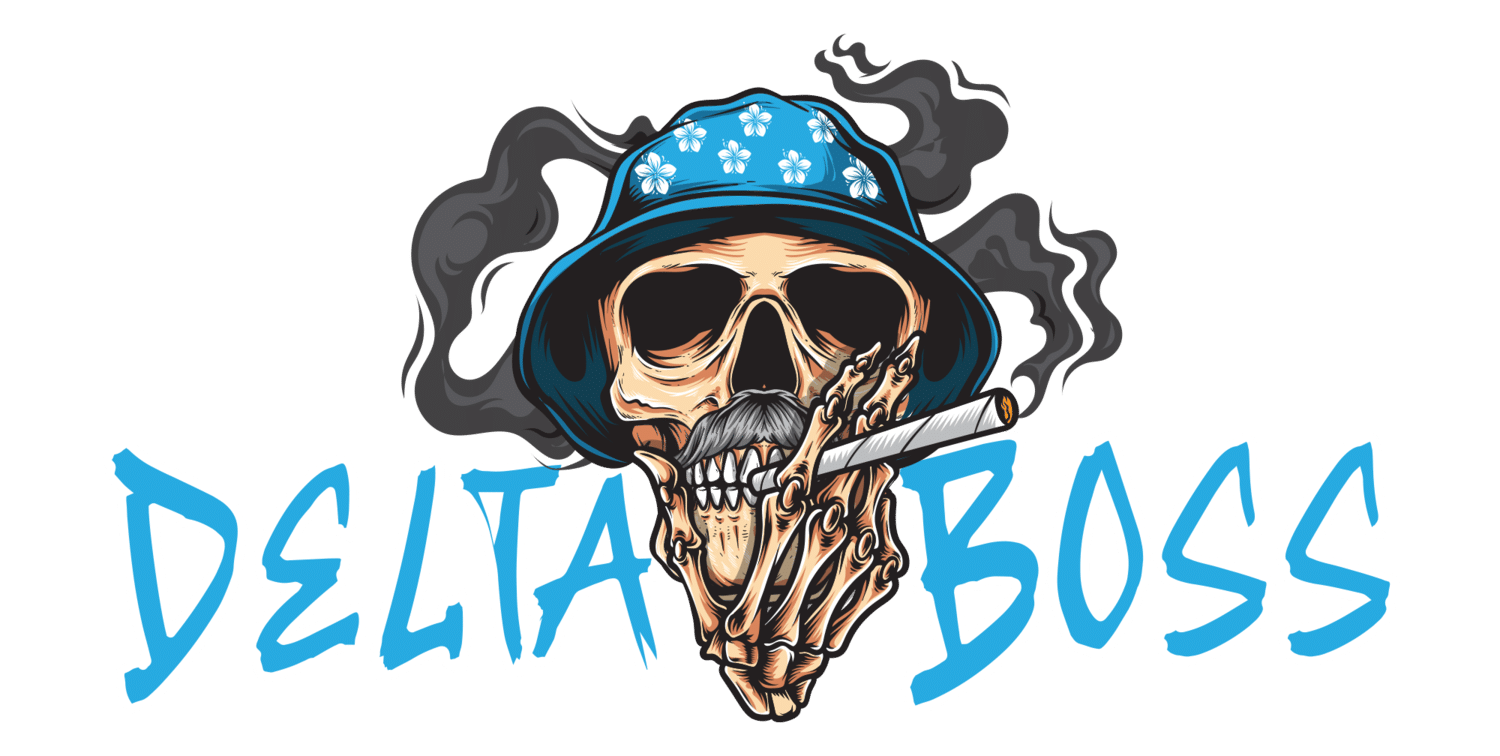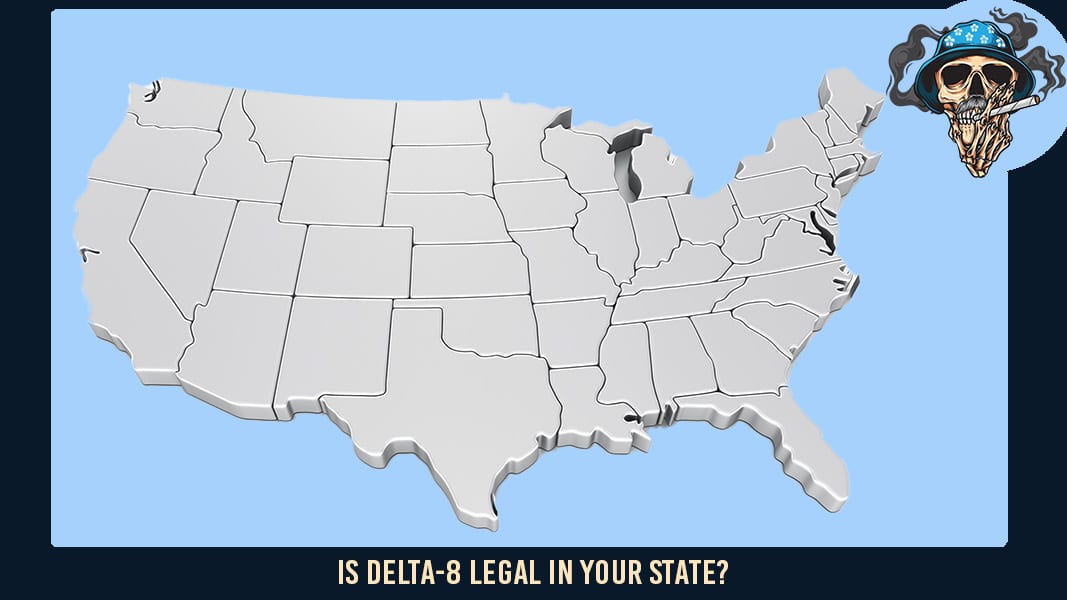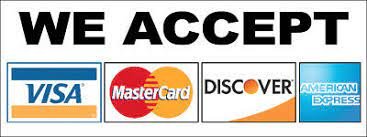Is Delta 8 THC Legal in My State?
Is Delta 8 THC Legal in My State?
Navigating the legal landscape of Delta 8 THC in the United States can be quite complex, largely due to the variation in state laws. While Delta 8 THC is technically derived from hemp, which was de facto legalized on a federal level by the 2018 Farm Bill, the specifics of state regulations introduce a patchwork of legal environments. This means that while Delta 8 THC is federally recognized under certain conditions — specifically when derived from hemp containing less than 0.3% Delta 9 THC — individual states have the autonomy to regulate or ban the compound based on their own legislative frameworks.
The discrepancies between state and federal regulations can confuse consumers, businesses, and even lawmakers. For instance, some states have fully embraced the hemp derivatives market and allow the sale and consumption of Delta 8 products with minimal restrictions, aligning closely with federal guidelines. In contrast, other states have proactively banned all forms of THC, including Delta 8, irrespective of its hemp origin, citing public health concerns and the lack of comprehensive FDA regulation as primary reasons.
This dynamic legal environment requires constant vigilance from those involved in producing, distributing, and selling Delta 8 products. Businesses must navigate these legal nuances to avoid potential legal repercussions, which can vary drastically from one state to another. Consumers, on their part, need to be acutely aware of their local laws before purchasing or using Delta 8 products to ensure they are not inadvertently violating state laws. This ongoing state-federal tug-of-war over Delta 8 THC’s legality highlights broader issues within the U.S. cannabis policy landscape, reflecting a shift towards more localized control over cannabis-related substances.
States Where Delta 8 THC is Legal with Minimal Restrictions
In 22 states plus Washington D.C., Delta 8 THC is legal with limited regulations. These states generally adhere to the federal guidelines set by the 2018 Farm Bill, which allow for hemp-derived cannabinoids like Delta 8 THC. Some of these states include:
- Alabama
- Arizona
- Arkansas
- Florida (age restrictions apply)
- Georgia
- Illinois
- Indiana
- Kentucky
- Maine
- Maryland (age restrictions apply)
- Missouri
- Nebraska
- New Jersey
- New Mexico
- North Carolina
- Ohio
- Oklahoma
- Pennsylvania
- South Carolina
- Texas (legal status currently under review)
- Wisconsin
- Wyoming (age restrictions apply)
It’s important to note that even within states where it’s legal, some have implemented age restrictions to prevent sales to individuals under 21. This reflects a varied approach to regulation, where states exercise discretion in how they manage the sale and distribution of this cannabinoid, often adjusting their legal frameworks based on evolving views and the specific needs of their populations.
States Where Delta 8 THC is Banned or Severely Restricted
Delta 8 THC faces bans or severe restrictions in several states. In these regions, the substance is either completely illegal, or restrictions are placed on the levels of THC, making it practically difficult for Delta 8 products to comply. States where Delta 8 THC is banned include:
Here is the complete list of states where Delta 8 THC is banned or faces severe restrictions:
- Alaska
- Arkansas (bans the sale of Delta 8 in certain forms)
- Colorado (bans the isomerization process used to produce Delta 8 THC)
- Delaware
- Idaho (prohibits any products containing THC)
- Iowa (restricts the sale of products containing Delta 8)
- Kentucky (specific restrictions on the sale and distribution of Delta 8)
- Mississippi
- Montana
- New York (bans isomerization but allows potential sale in adult-use markets)
- North Dakota (has specific regulatory measures regarding Delta 8)
- Rhode Island (has restrictions similar to those of Delta 9 THC)
- Utah (Delta 8 is treated similarly to Delta 9 THC under state law)
- Vermont (has specific regulations that restrict Delta 8)
- Washington (bans the sale of Delta 8 products)
Additionally, states like Michigan and Virginia impose strict regulations that effectively limit the marketability of Delta 8 products by capping THC content. In Michigan, for example, Delta 8 THC is regulated similarly to Delta 9 THC under marijuana laws, requiring products to meet specific testing and labeling requirements.
These varying regulations reflect the complex and evolving legal landscape for Delta 8 THC across the United States, highlighting consumers’ and businesses’ importance in staying informed about their state’s laws.
States with Substantial Regulations on Delta 8 THC
In the rapidly evolving landscape of cannabis regulation, a few states have established more structured frameworks for managing Delta 8 THC, aligning its oversight closely with that of Delta 9 THC and the broader marijuana industry. These regulatory frameworks are designed not only to ensure consumer safety but also to integrate Delta 8 THC into the existing legal and regulatory structures for cannabis products.
California and Connecticut: Integration into Adult-Use Marijuana Industry
In California and Connecticut, Delta 8 THC is treated similarly to Delta 9 THC as part of the adult-use marijuana industry. This classification subjects Delta 8 products to rigorous state regulations, including comprehensive testing for potency and contaminants and strict labeling requirements that inform consumers about what they are purchasing. This approach aims to ensure product safety and quality, aligning Delta 8 THC products with the regulatory standards applied to more familiar forms of cannabis. These states have leveraged their existing cannabis regulatory frameworks to incorporate Delta 8, ensuring that it meets the same high standards expected of all cannabis products.
Tennessee: Hemp-Derived Cannabinoid Regulations
Tennessee offers a unique approach by regulating Delta 8 THC as a “hemp-derived cannabinoid.” This designation allows for the legal sale of Delta 8 products to adults over 21, provided they meet specific state-mandated requirements. Tennessee’s regulations focus on accurate labeling and thorough testing to ensure safety and transparency. Products must indicate their cannabinoid content and be free from harmful levels of pesticides, heavy metals, and solvents. This regulatory model not only helps protect consumers but also supports a controlled and compliant market for Delta 8 THC, distinguishing Tennessee’s approach from those of other states.
These regulatory efforts reflect a growing recognition of the need to manage Delta 8 THC distinctly from CBD and other hemp derivatives, given its psychoactive properties. By adopting regulations ensuring comprehensive testing, proper labeling, and age restrictions, these states aim to balance consumer protection with access to Delta 8 THC products, setting a precedent for others considering similar regulatory approaches.
The Future of Delta 8 THC
The legal environment for Delta 8 THC remains dynamic, with ongoing legal challenges and potential changes forthcoming in state legislatures or the upcoming 2023 Farm Bill, which might redefine hemp and its derivatives, impacting the status of Delta 8 THC.
For businesses and consumers, it’s crucial to stay informed about the current laws in your state and any pending legislation that could alter the regulatory framework. Always ensure that any Delta 8 THC products you purchase are from reputable sources that comply with state laws and offer transparency in their product testing and labeling.
For the most up-to-date information on the legality of Delta 8 THC in each state, visiting dedicated resources like CBD Oracle can provide the needed clarity (Cannabis Industry Assoc.) (Cannabis Industry Assoc.).


